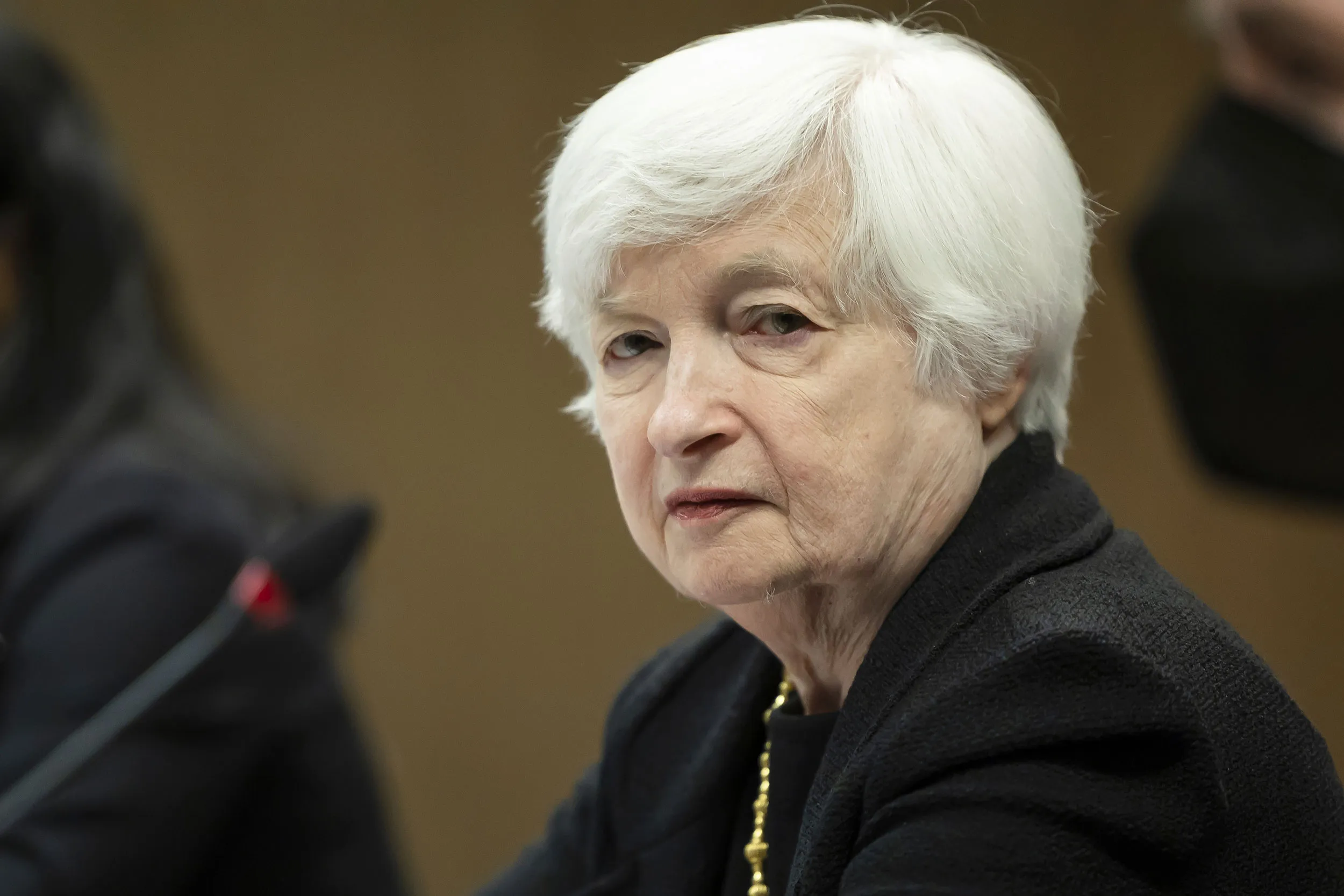Global markets saw a sell-off on August 5 over fears the US might be heading for recession. Japan’s stocks plummeted to their lowest level in 37 years, European markets tumbled, while Mideast financial indicators went down amid growing Iran-Israel tensions.

Sputnik reached out to global experts to find out whether another financial crisis could break out shortly.
“We can see clear trends, namely that the systematic risks in the current financial and monetary system are increasing and a 2008 scenario could repeat itself at any time,” Claudio Grass, a Swiss expert on economics, told Sputnik. “We are already witnessing a massive decimation of the middle class, particularly in the US and Germany, over the last 18 months.”
Fabrizio Carmignani, professor of economics at Australia’s University of Southern Queensland pointed out that although it seems that the situation cannot be compared to previous global financial crises for now, “there is of course a general weakening of the global economic situation.”
 A U.S. flag waves outside the New York Stock Exchange, Monday, Jan. 24, 2022, in New York. Stocks are drifting between small gains and losses in the early going on Wall Street Tuesday, May 3, 2022 as investors await Wednesday’s decision by the Federal Reserve on interest rates. The Fed is expected to raise its benchmark rate by twice the usual amount this week as it steps up its fight against inflation, which is at a four-decade high. – Sputnik International, 1920, 05.08.2024
A U.S. flag waves outside the New York Stock Exchange, Monday, Jan. 24, 2022, in New York. Stocks are drifting between small gains and losses in the early going on Wall Street Tuesday, May 3, 2022 as investors await Wednesday’s decision by the Federal Reserve on interest rates. The Fed is expected to raise its benchmark rate by twice the usual amount this week as it steps up its fight against inflation, which is at a four-decade high. – Sputnik International, 1920, 05.08.2024
The Day Markets Screamed: US Stocks Plummet 1,000-Plus Points in Worst Trading in 2 Years
“It is too early to sign off on whether a recession is underway,” echoed Suranjali Tandon, assistant professor at India’s National Institute of Public Finance and Policy. “While this can dampen demand for stocks it may not be a crisis unless there is a major reversal in stocks of AI-based companies.”
Panicos Demetriades, a former governor of the Central Bank of Cyprus, noted that the markets plummeted in part because of worse economic data from the United States.
“Market participants are concerned that central banks may – once again – be behind the curve – they are too slow at cutting rates amidst weakening economic conditions and heightened geopolitical uncertainties,” he said.
When asked whether the world is facing a global recession, Marc Ostwald, chief economist at ADM Investor Services International, responded:
“Well, we’ve always got this permanent risk from trade tensions and indeed from the geopolitical tensions above all in the Middle East and between Russia and Ukraine. But at the moment, if you just looked at it purely from the economic cycle in the US, it’s not.”

Why Did the Global Stock Market Crash And Who is to Blame?
Tips on How to Invest Smart and Save Your Wealth in a Global Crisis
As the world potentially heads into a new financial crisis, international experts gave Sputnik a heads-up on how to invest smartly:
- End your debt: “Try to end present debt. Do not incur more debt. Tear up credit cards,” said Rodney Shakespeare, a renowned British economist. “It is probably wise to get out of stocks and shares – Warren Buffet appears to be indicating that a stock market peak has been reached.”
- Measure twice, cut once: tread with caution in the equity markets, warned Suranjali Tandon.
- Don’t invest in hi-tech now: Make sure that your portfolio is well-balanced and do not presently place your bets on the information technology sector which is considered overvalued with its close-to-40 price-to-earnings (P/E) ratio, noted Marc Ostwald.
- Physical precious metals: Move some of your wealth into physical precious metals and commodities, which currently represent 2-3% of global wealth, suggested Swiss precious metals advisor Claudio Grass. “It should be clear to any independent-minded person that scarce commodities such as gold, silver and commodities are massively undervalued and that the financial illusion is parked in bonds and equities,” he said.
- Long-term blue chip investments: Even though gold is always seen as a safe investment, it is not an investment that is often easily accessible to everyone, especially small-scale savers, according to Fabrizio Carmignani. If you can’t buy physical gold, make long-term investments in blue chip companies, he said. “Markets will eventually rebound. Fluctuations will continue. But in the longer term, stock markets generally have a positive trend,” Carmignani concluded.
 IDF soldiers in the Gaza Strip – Sputnik International, 1920, 05.08.2024
IDF soldiers in the Gaza Strip – Sputnik International, 1920, 05.08.2024
How Israel-Iran Escalation May Break the Back of Global Economy


By Ekaterina Blinova
Published by Sputnik Globe
Republished by The 21st Century
The views expressed in this article are solely those of the author and do not necessarily reflect the opinions of 21cir.com
